
September 17, 2024
Jenny Yip, PsyD, ABPP
and
Sohye Kim, PhD
and
Author Jenny Yip, PsyD, ABPP, answers questions from a live audience and discusses her book, "Hello Baby, Goodbye Intrusive Thoughts: Stop the Spiral of Anxiety and OCD to Reclaim Wellness on Your Motherhood Journey."
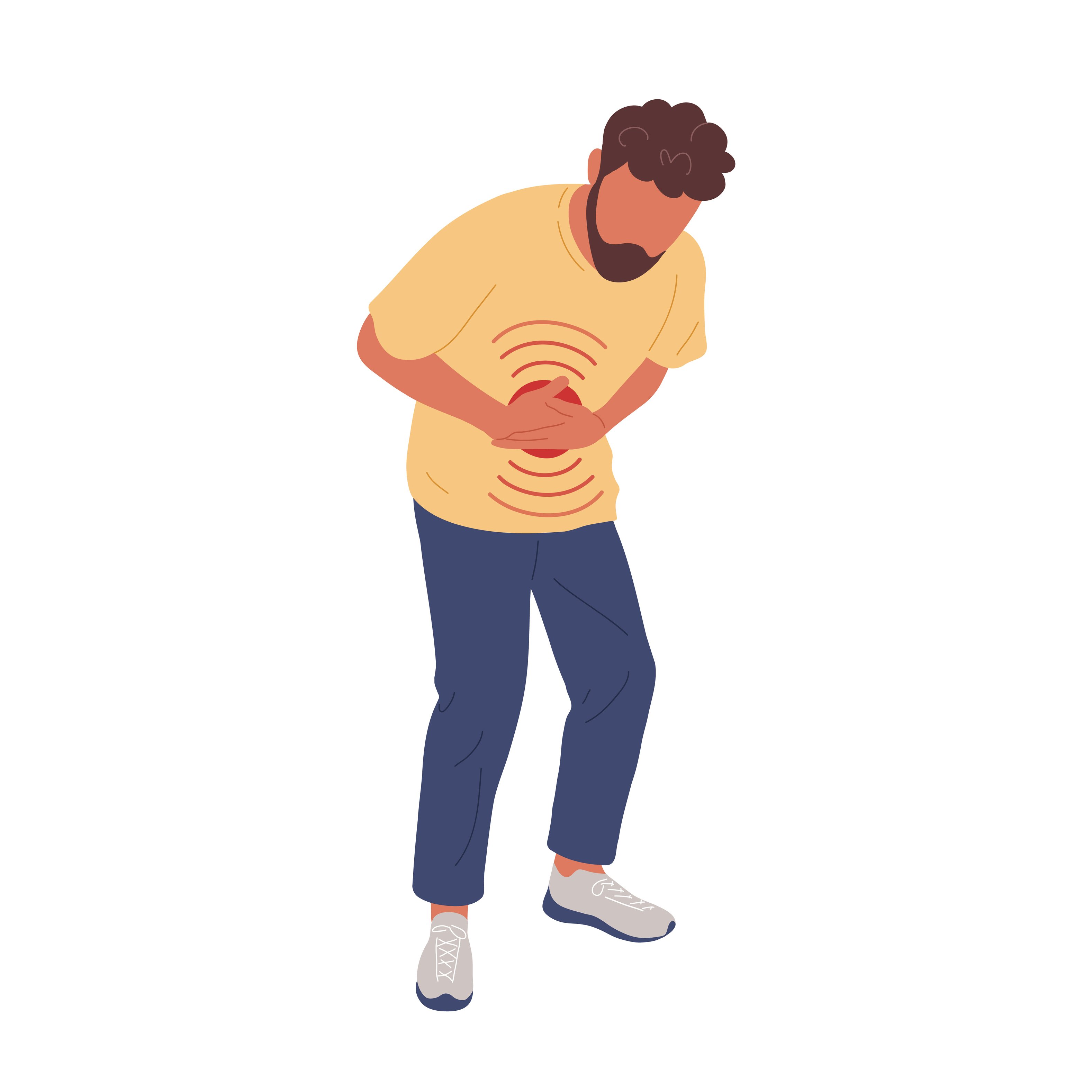
October 16, 2024
Melissa G. Hunt, PhD
and
This workshop covers what is known about the etiology and symptoms of IBS, how IBS patients present in clinical practice; IBS in the context of co-morbid panic and agoraphobia, social anxiety disorder, ARFID and depression.

September 26, 2024
Suzanne Mouton-Odum, PhD
and
Ruth G. Golomb, MEd, LCPC
and
This live webinar will provide a look at the nervous system (sympathetic and parasympathetic) as it relates to learning, emotion, and behavior.
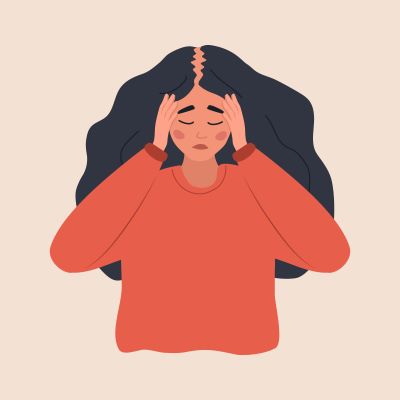
September 18, 2024
Marla Deibler, PsyD
and
Renae M. Reinardy, PsyD
and
This CE eligible webinar introducea Body-Focused Repetitive Behaviors (BFRBs).
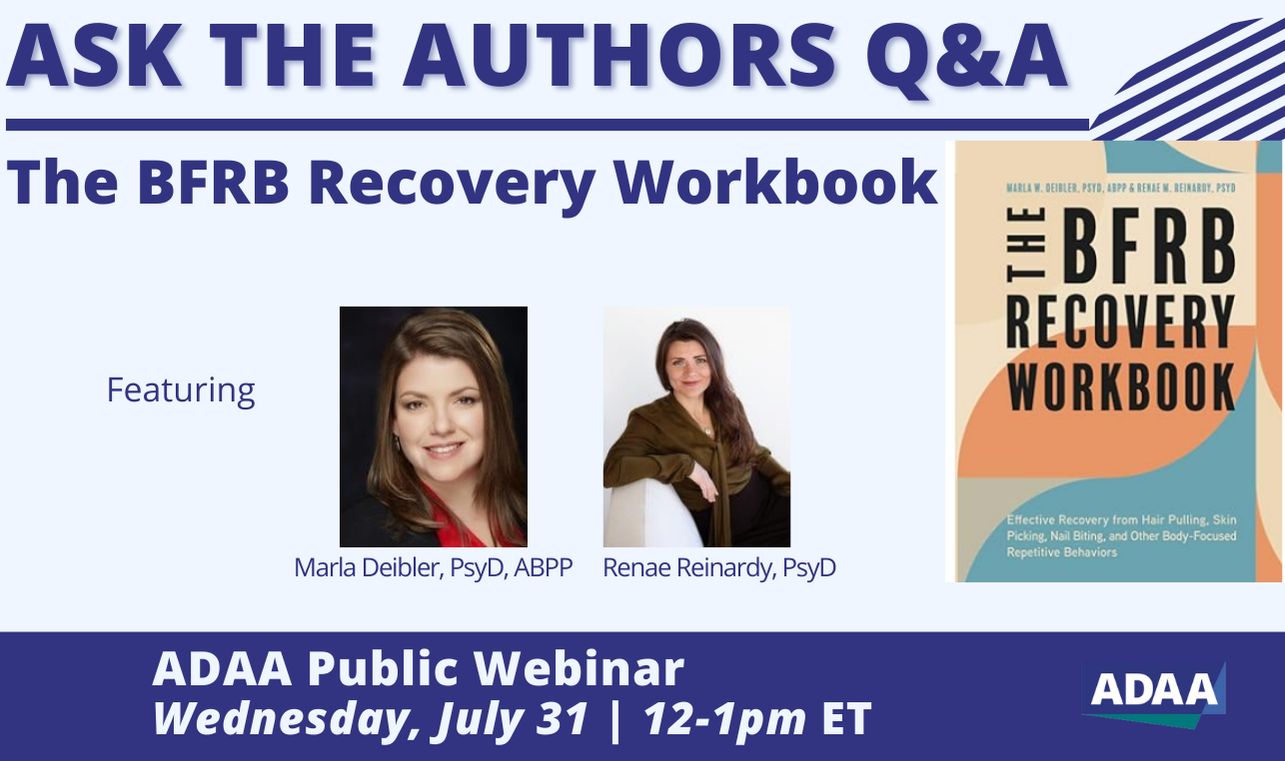
July 31, 2024
Marla Deibler, PsyD
and
Renae M. Reinardy, PsyD
and
Dr. Marla Deibler and Dr. Renae Reinardy, authors of The BFRB Recovery Workbook, answer questions from a live audience about BFRB and their self-paced workbook.
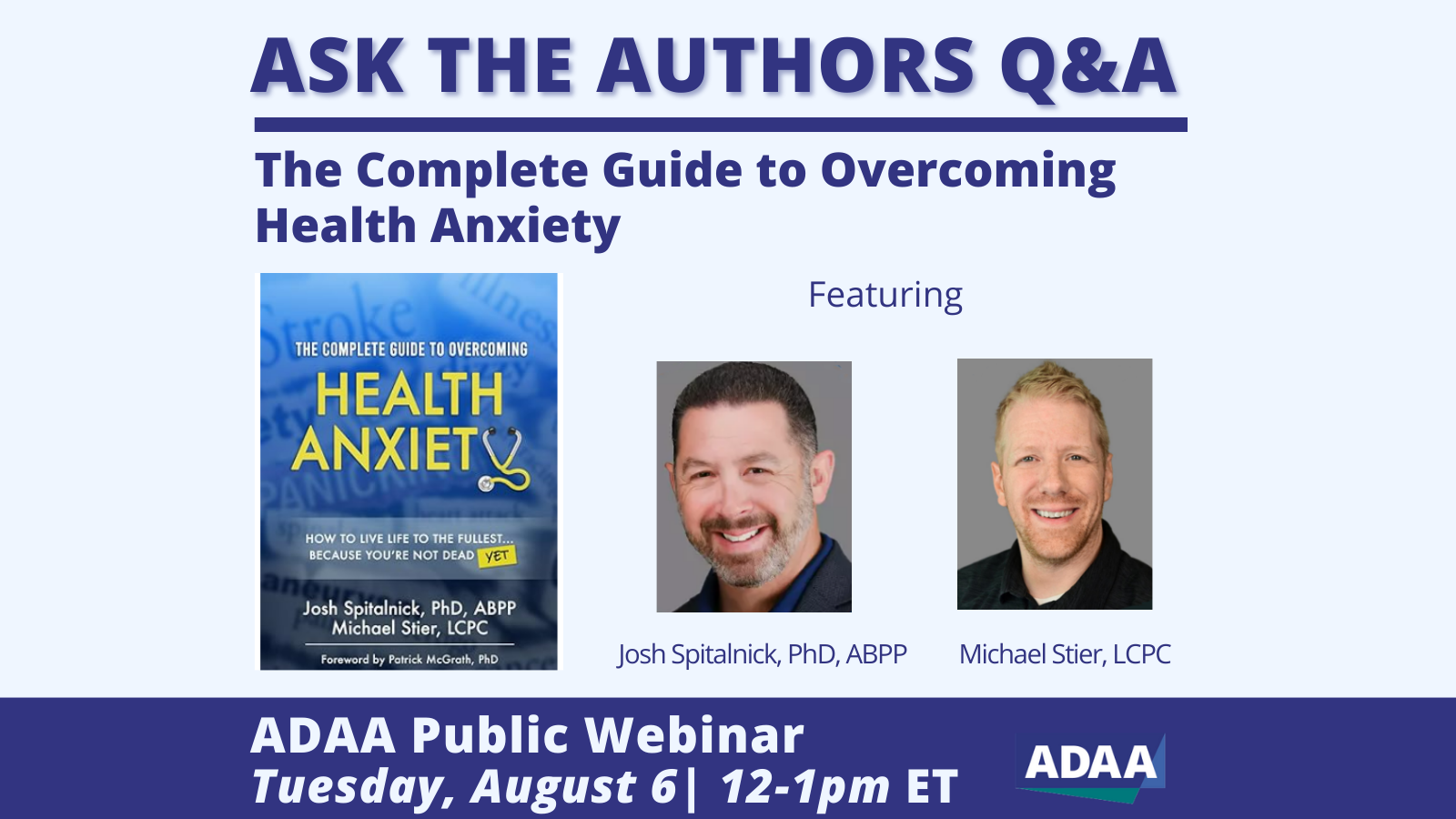
August 6, 2024
Josh Spitalnick, PhD, ABPP
and
Michael Stier, LCPC, LPC, NCC
and
This recorded webinar presented by authors Josh Spitalnick, PhD, and Michael Stier, LCPC, discusses their book, "The Complete Guide to Overcoming Health Anxiety: How to Live Life to the Fullest...Because You're Not Dead (Yet)."
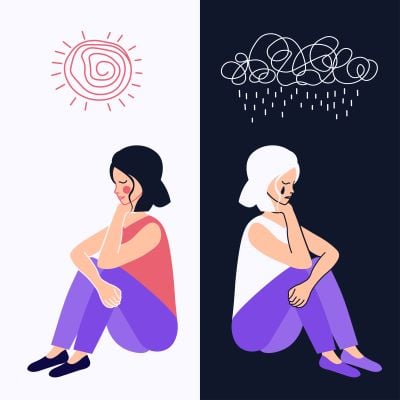
June 26, 2024
Kirsten W. Bolton, LICSW
and
This free live webinar aims to provide participants with an overview of early detection and treatment strategies in bipolar disorder. While early detection and finding the right treatment can be difficult, overcoming bipolar disorder is possible. Various resources and recommendations will be discussed for both individuals and their families.
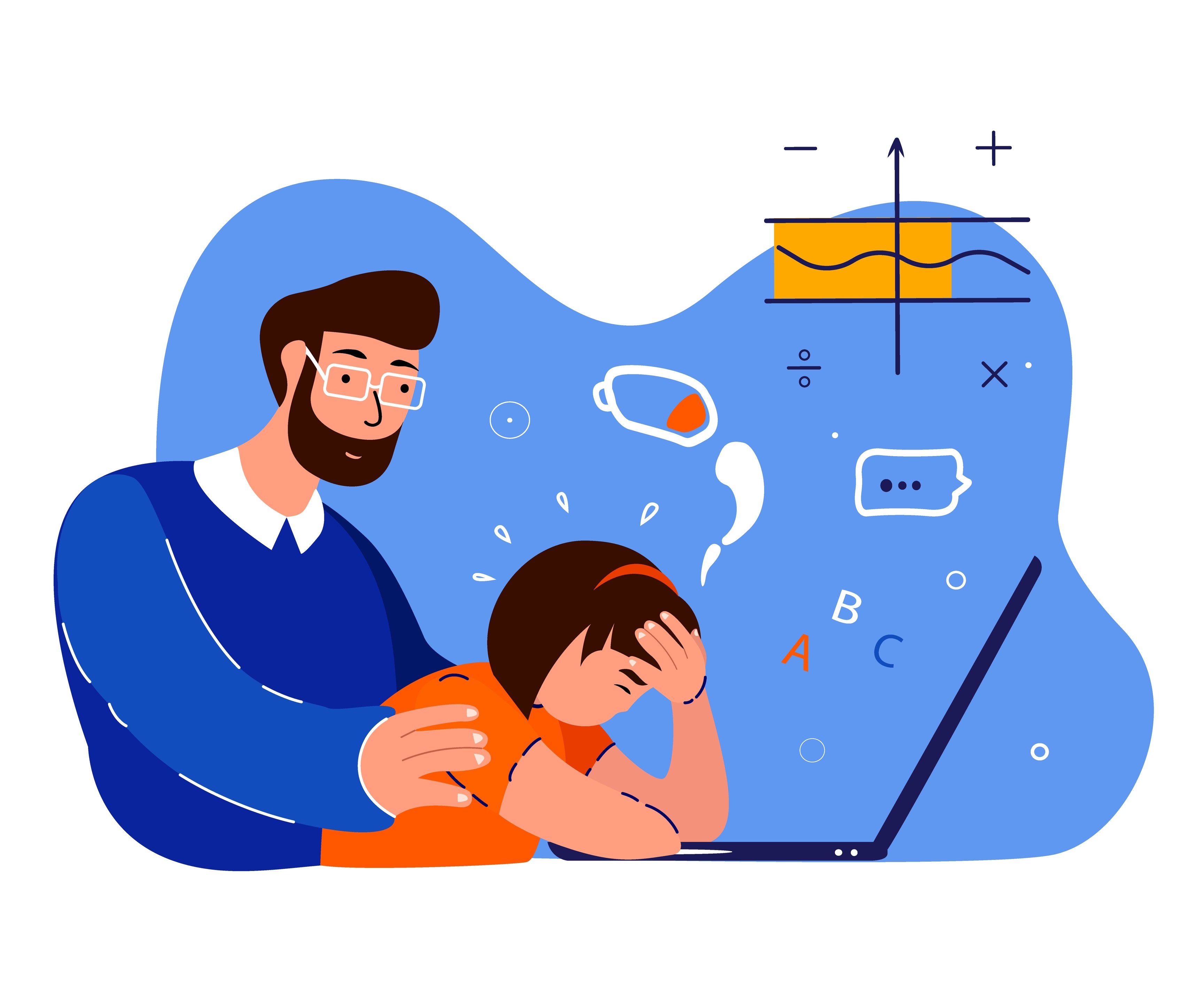
June 27, 2024
Peter W. Tuerk, PhD
and
This CE/CME eligible webinar is focused on increasing patient homework compliance in evidence-based treatment for PTSD via the application of behavioral theory, specified clinical techniques, and the use of easily available technologies.
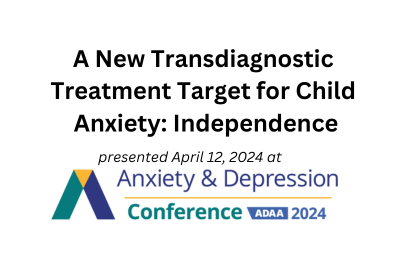
April 12, 2024
Camilo Ortiz, PhD
and
Anne Marie Albano, PhD, ABPP
and
Mary Karapetian Alvord, PhD
and
Matthew Fastman, MS
and
This roundtable of leaders in the field of child anxiety with the goal of discusses a refocusing of CBT on the construct of child independence to bring effective treatment to far more children, reduce clinician, parent, and child resistance to treatment, and increase effect sizes. IFT is described, and preliminary data on its effectiveness is presented. The role of resilience as an outcome of independence and a possible transdiagnostic mechanism in the treatment of child
anxiety is also discussed. How to adapt independence activities for children who live in inner-city, rural, and suburban settings is discussed.
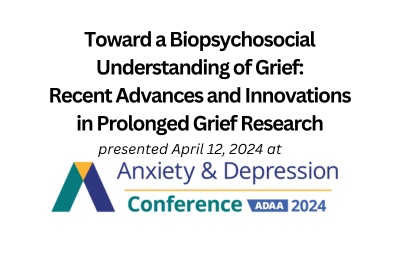
April 12, 2024
Donald J. Robinaugh, PhD
and
Mary-Frances O'Connor, PhD
and
Matteo Malgaroli, PhD
and
Sydney Friedman, MA
and
Naomi Simon, MD
and
ADAA 2024 Conference Recorded Presentation
This symposium presents a series of studies working from a biopsychosocial systems framework and using a range of innovative methods to better understand and predict prolonged grief.






